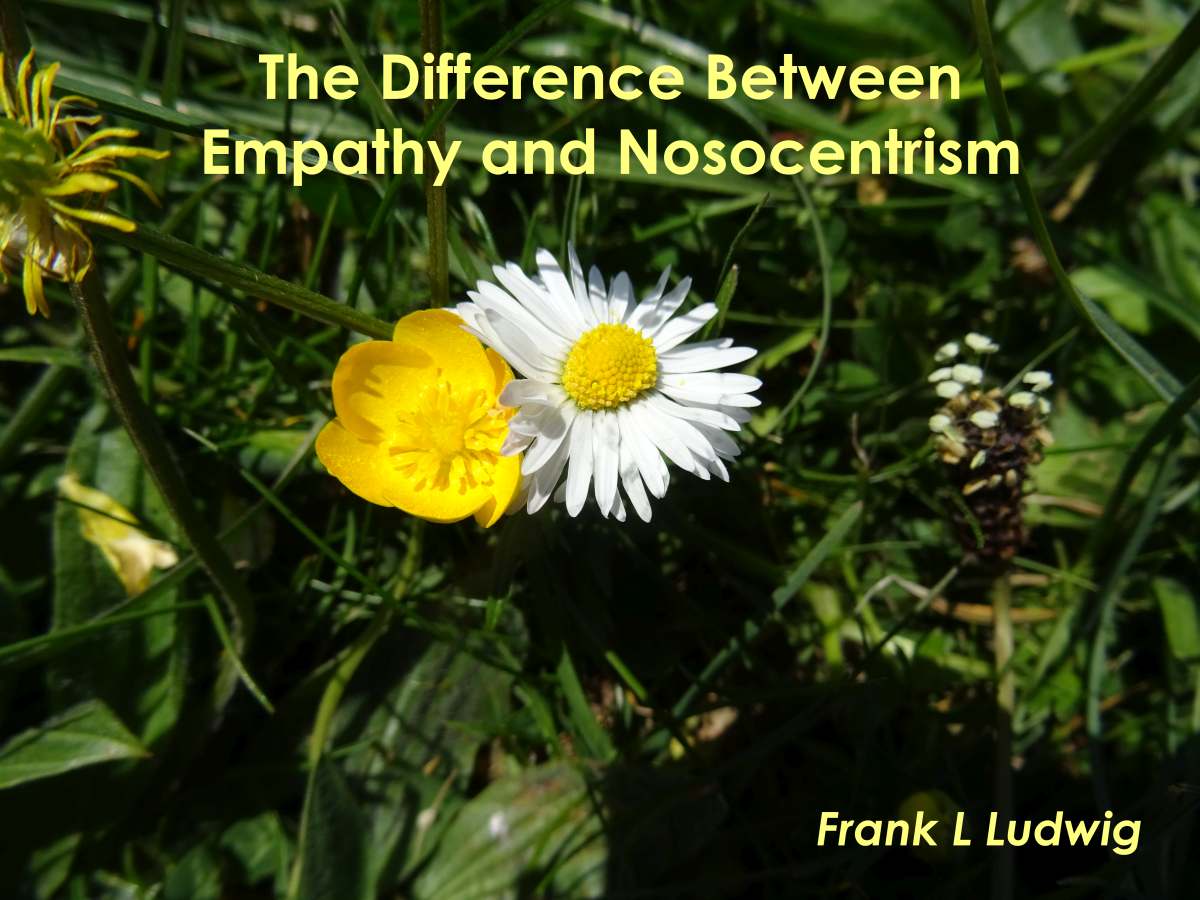
In 2021 I developed my model of the Neurological Spectrum according to which all people are on a spectrum between individual and collective identity. The evolutionary advantages of individual identities are the abilities to care, to think and to create while the evolutionary advantage of collective identities is the ability to network.
Later that year I formulated the Deindividuation Resister Hypothesis in which I argue that all children are born with individual identities but are forced to take on collective identities through social conditioning and that human progress is driven by the few who resist social conditioning and retain their individual identities (and are often pathologised with the label of autism) while the many who identify collectively provide the network to spread it.
Collective identities set themselves above all other groups and individuals whose struggles are dismissed or even justified with attitudes like 'We have to look after our own' or 'They're not like us'.
The group also ostracises and discriminates against group members who resist social conditioning and therefore don't display the required level of conformity and compliance, the two pillars of collective identities.
When mainstream people talk about empathy, they mainly (and in many cases only) include those who wholeheartedly share their collective identities. All other groups and individuals are considered irrelevant or even expendable.
Lacking a word for the belief that the world revolves around one's own collective identities, I coined the term nosocentrism (from Latin 'nos', meaning 'we').
People who identify individually see the world as it is while those who identify collectively are unable to see past their nosocentric perspective and are therefore prone to misinformation and propaganda, encouraging them to perceive 'them' (i.e. those outside their collective identities) as inferior and a threat to their 'way of life' (i.e. the status quo).
Those who identify individually tend to equally empathise with all other individuals while white Christians who only care about white Christians (or Arab Muslims who only care about Arab Muslims, Indian Hindus who only care about Indian Hindus etc; you get the idea) don't constitute individuals empathising with other individuals but the group looking after itself, i.e. nosocentrism.